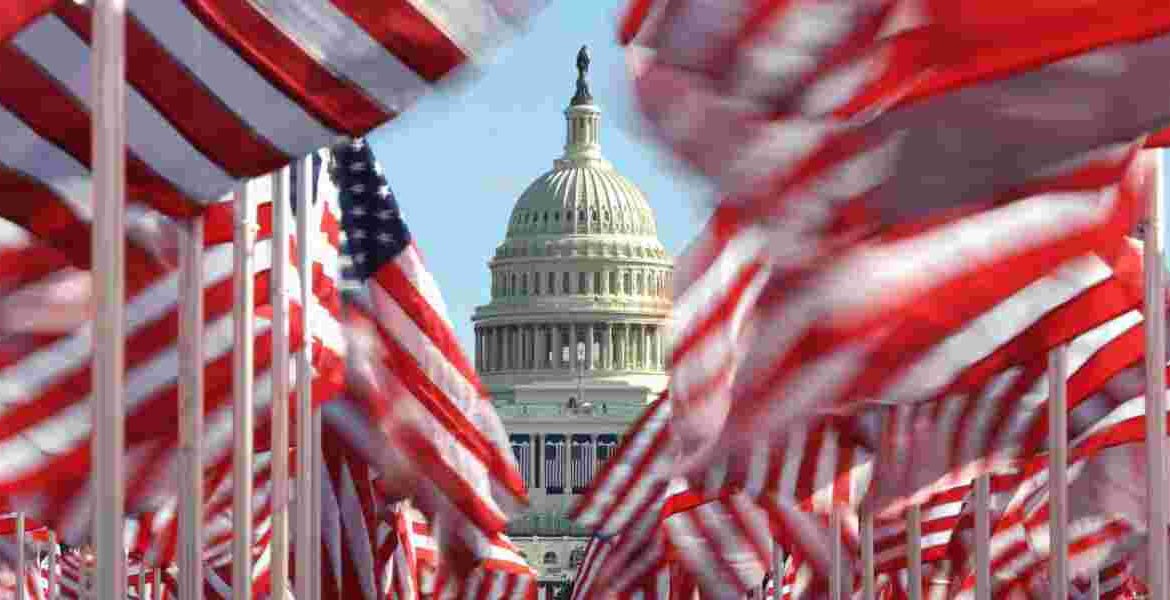
Washington, USA
- 1179 views
The US Department of Homeland Security (DHS) has introduced a revised H-1B modernization rule that redefines the employer role, potentially easing the path for entrepreneurs seeking H-1B status to sponsor their own work visas.
This landmark change is particularly relevant for aspiring entrepreneurs, as it could have benefitted prominent figures like Elon Musk during their immigration processes. Historically, foreign entrepreneurs applying for H-1B visas faced a lengthy wait, often working under an employer for years before qualifying for a green card, allowing them to launch their own businesses.
The backlog for employment-based green cards has presented considerable challenges. The new regulation aims to address these barriers, thereby allowing many entrepreneurs to pursue their business ambitions more swiftly. According to the DHS, the anticipated economic advantages of this revision are substantial.
The department states, "If more entrepreneurs are able to obtain H-1B status to develop their business enterprises, the US could benefit from the creation of jobs, new industries, and new opportunities."
This perspective emphasizes the broader economic impact of facilitating entrepreneurial immigration through updated policies. Legal experts have responded positively to the changes. Kripa Upadhyay, a US-based immigration attorney, expresses excitement about what she regards as a movement towards a de facto "startup" visa. Mitch Wexler, a partner at the global immigration law firm Fragomen, notes the regulatory safeguards.
He points out that beneficiaries with a controlling interest in their sponsoring entity are required to fulfil speciality occupation obligations for most of their employment. Additionally, the initial petitions and first extensions will be limited to 18 months, a revision from the previous three-year duration typically granted for H-1B applications. Nevertheless, challenges persist for early-stage entrepreneurs.
Sameer Khedekar, founder of Vanguard Visa Law, indicates that while the new rules clarify eligibility for founders and "beneficiary-owners," many startups may struggle to provide the requisite documentation to prove a genuine H-1B role. Entrepreneurs will need to present comprehensive business viability evidence, including detailed business plans, proof of product development, letters of interest, market validation, and substantiation of their industry presence to comply with the updated requirements.
